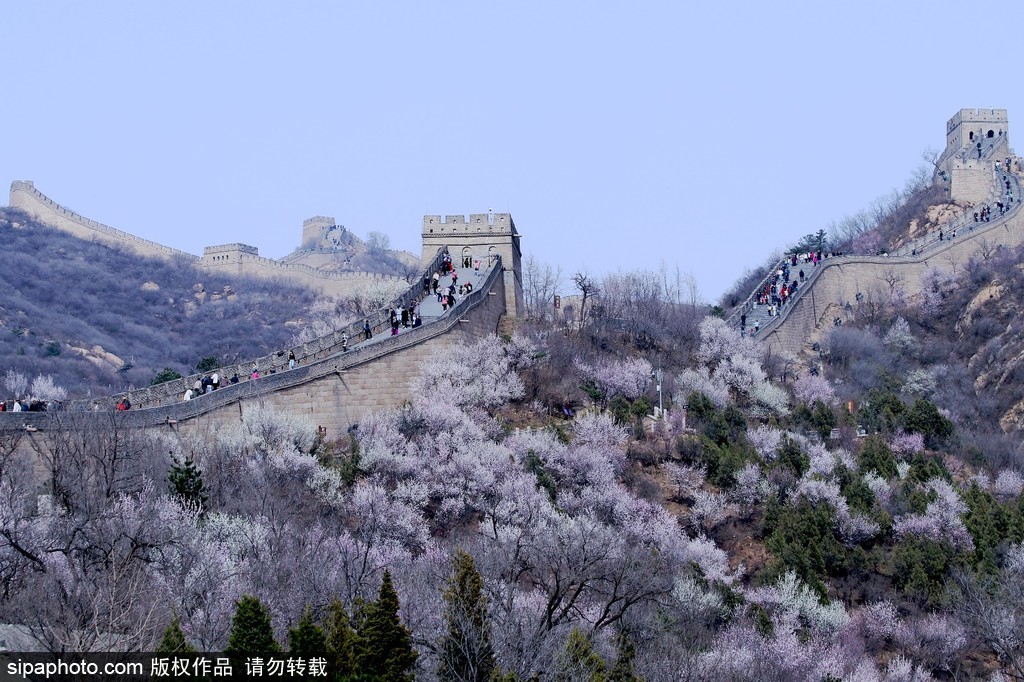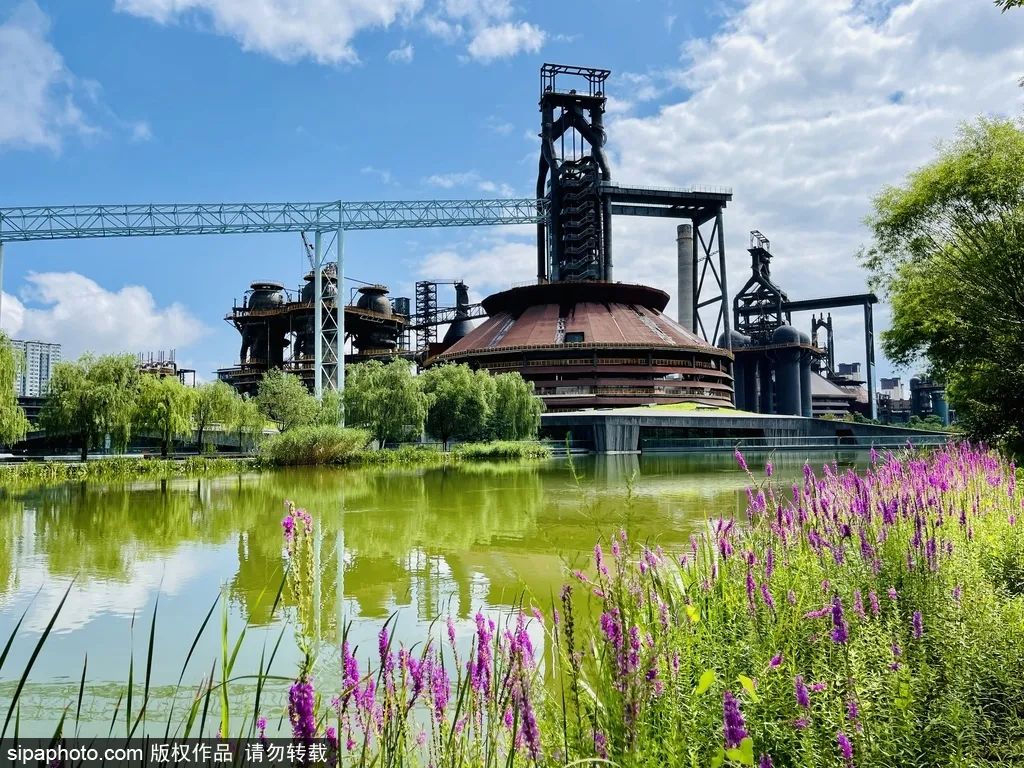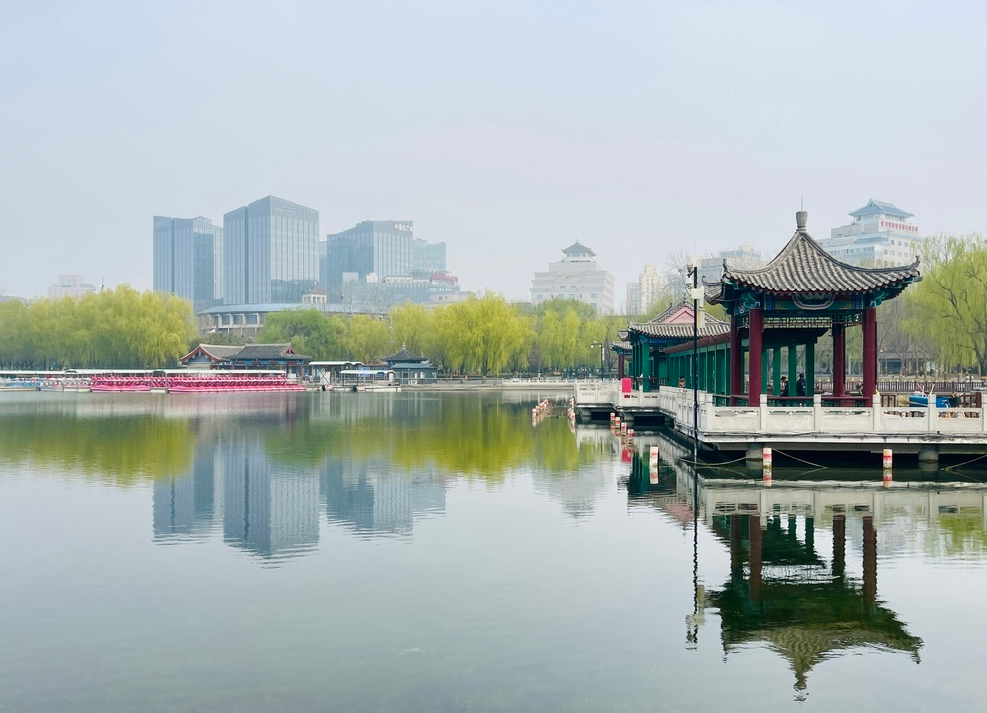Beijing is continuing to purge the capital of non-essential and polluting businesses to make way for upgraded functions, such as hi-tech innovation.
The Chinese capital will shut down over 500 manufacturing and polluting factories and demolish up to 40 million square meters of illegal buildings in 2017, according to a municipal government plan approved late last month.
A total of 10 billion yuan ($1.46 billion) will be allocated to the shutdown and relocation of businesses.
Beijing Mayor Cai Qi said on February 5 the city had drawn up a zoning plan for the freed-up land.
The Central Government ordered Beijing and the neighboring Hebei Province and Tianjin Municipality to pursue coordinated development.
According to a guideline released in April 2015, the key functions of politics, culture, international communication and technical innovation will be prioritized, while other sectors will be moved out of the capital.
To date, more than 1,300 manufacturing companies have been shut down, freeing up over seven million square meters of land for new uses.
Sun Shuo, executive deputy chief of Xicheng District, said 5,000 booths in seven downtown markets at the renowned Beijing Zoo Wholesale Market area had been closed or relocated. The market will completely close by the end of 2017.
Zhongguancun, which is known as "China's Silicon Valley," has closed550,000 square meters of IT retail markets and moved out 2,100 retail booths over the past five years, to make way for high-end and value-added startups and innovative centers.
"One and half year ago, it was a shopping center here, and now it has become home to over 130 companies," said Zhou Hongxu, a manager with the startup community called "Vstartup" at Zhongguancun.
Near Tsinghua University, the intelligence manufacturing way (IMWAY) has turned a former high street into a center for intelligent hardware in industrial design, 3D printing and circuitry manufacturing.
According to Lu Yang, a manager with IMWAY, since its inauguration six months ago, the 380-meter street has generated an average output of 8 million yuan ($1.16 million) per meter.
Lian Yuming, head of the International Institute for Urban Development in Beijing said by moving these non-essential functions out of Beijing, the capital will be able to adjust and optimize its industrial and urban structures.
"In this way, the space, industry and the function of the municipality will be reshaped," he said.
(Xinhua News Agency February 7, 2017)



